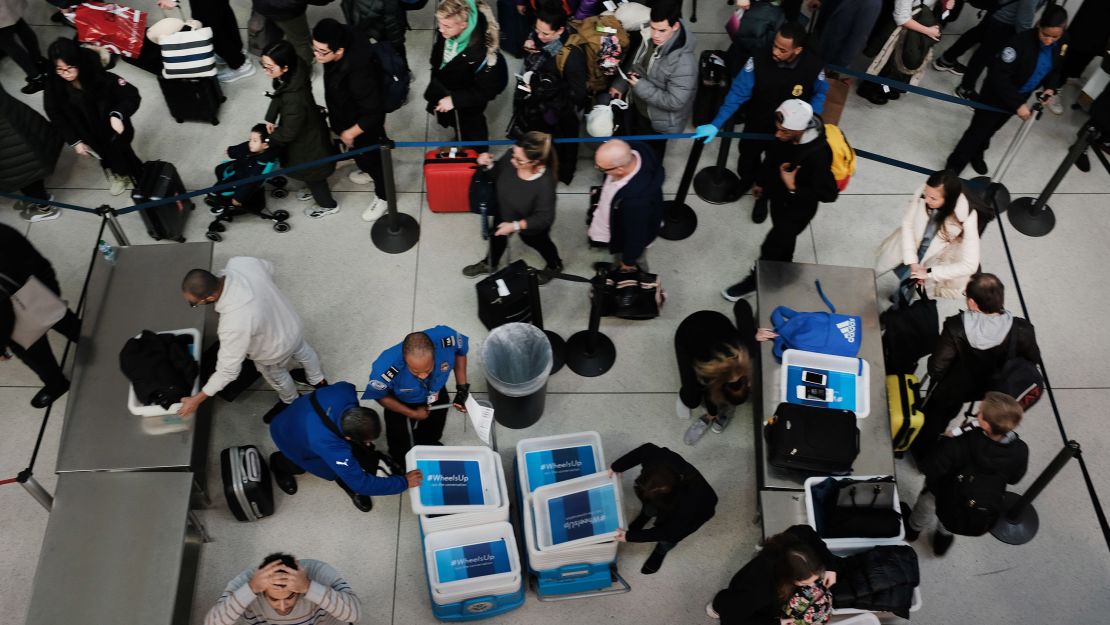For travelers waiting in a Transportation Security Administration security line at a US airport, there might as well be a record playing on repeat: “Laptops and tablets out of your bags. Remove all liquids and place them in the bin.”
Dutiful travelers wait their turn, and upon making it to the other side, scramble to collect their disheveled belongings and put everything back in its rightful place. That is, if their actual carry-on hasn’t gotten flagged for search beyond the computer’s screen.
Soon, though, these inevitable travel annoyances may become folklore. (Remember when your loved ones kissed you goodbye at your gate? Neither do I.)

The TSA has signed a $96.8 million contract with Smiths Detection, Inc. that’s supposed to make your security experience better.
The funds will go toward developing advanced technology at airport security checkpoints over a period of five years, according to the release.
Agency administrator David Pekoske called the new Computed Tomography (CT) scanners a “quantum leap forward” from the current x-ray scanners.
In a Friday call with reporters, Pekoske explained that once the machines are ready, passengers will reap the benefits, the most significant of which will be not having of separate their electronic devices.
Within a few years, the same will be true of liquids, gels and aerosols.
The 3-D scanners will be able to test for explosives with “unprecedented precision,” according to the release.
“It’s essentially a response to a large and growing travel public every year,” said TSA Press Secretary Jenny Burke. The goal is to keep people safe and provide a better passenger experience, she added.
Deployment of the CT units will begin summer 2019 and be completed in 2020.
Seems like a mighty fine time to book that summer travel.
